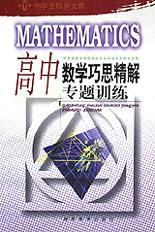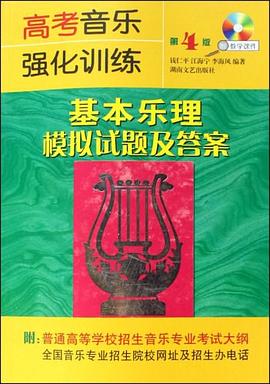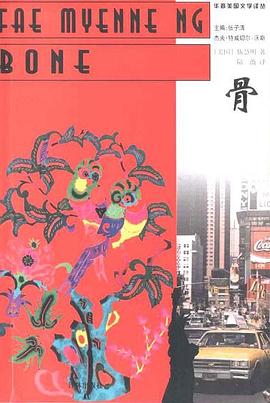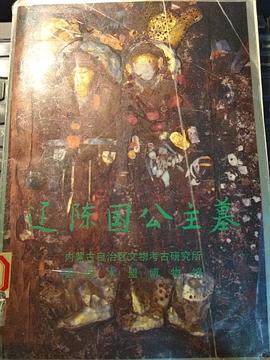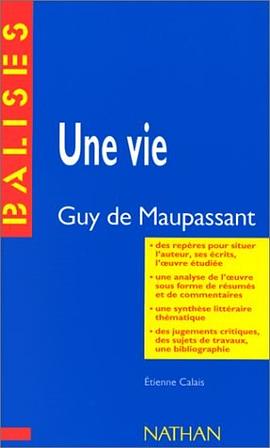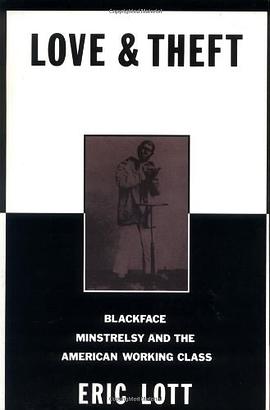

具体描述
For over two centuries, America has celebrated the very black culture it attempts to control and repress, and nowhere is this phenomenon more apparent than in the strange practice of blackface performance. Born of extreme racial and class conflicts, the blackface minstrel show sometimes usefully intensified them. Based on the appropriation of black dialect, music, and dance, minstrelsy at once applauded and lampooned black culture, ironically contributing to a "blackening of America." Drawing on recent research in cultural studies and social history, Eric Lott examines the role of the blackface minstrel show in the political struggles of the years leading up to the Civil War. Reading minstrel music, lyrics, jokes, burlesque skits, and illustrations in tandem with working-class racial ideologies and the sex/gender system, Love and Theft argues that blackface minstrelsy both embodied and disrupted the racial tendencies of its largely white, male, working-class audiences. Underwritten by envy as well as repulsion, sympathetic identification as well as fear--a dialectic of "love and theft"--the minstrel show continually transgressed the color line even as it enabled the formation of a self-consciously white working class. Lott exposes minstrelsy as a signifier for multiple breaches: the rift between high and low cultures, the commodification of the dispossessed by the empowered, the attraction mixed with guilt of whites caught in the act of cultural thievery.
作者简介
目录信息
读后感
评分
评分
评分
评分
用户评价
相关图书
本站所有内容均为互联网搜索引擎提供的公开搜索信息,本站不存储任何数据与内容,任何内容与数据均与本站无关,如有需要请联系相关搜索引擎包括但不限于百度,google,bing,sogou 等
© 2025 book.wenda123.org All Rights Reserved. 图书目录大全 版权所有






